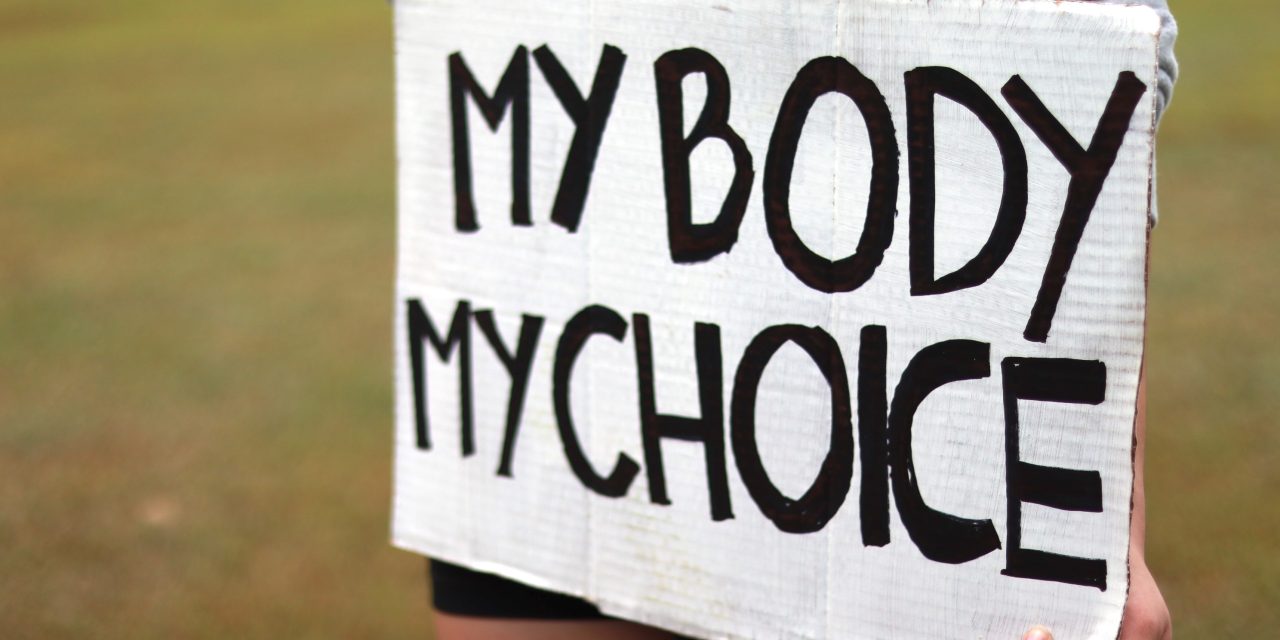By Michelle Larkin
ANNAPOLIS, Md. – Maryland voters will be asked to enshrine abortion rights into the state Constitution next year, after the Maryland House of Delegates’ passage of the “Right to Reproductive Freedom Act” on Thursday.
SB 798 will place a referendum on ballots during the 2024 general election, allowing voters to decide whether the reproductive rights amendment should be added to Maryland’s Constitution. It doesn’t need to be signed by Gov. Wes Moore, although he has said he supports it. The House vote was 98-38.
SB 798 affirms that every person has the fundamental right to reproductive freedom, including the ability to decide to prevent, continue, or end one’s own pregnancy and would add that to the Declaration of Rights under Maryland’s Constitution. The bill was sponsored in the Senate by Senate President Bill Ferguson, D-Baltimore City, and in the House by Speaker Adrienne Jones, D-Baltimore, as the crossfiled bill, HB 705.
Although Maryland permits abortions, in the wake of the U.S. Supreme Court’s decision overturning Roe v. Wade on June 24, 2022, the General Assembly leadership decided it was in the state’s best interest to put the right into Maryland’s Constitution to assure it continues unchallenged.
The bill’s passage comes a few months after Moore’s first-day-in-office announcement to release $3.5 million to expand abortion training in the state as part of a package releasing $69 million in training funding withheld by his Republican predecessor, Gov. Larry Hogan. Since Moore’s campaign for governor, he has promised to protect reproductive rights within Maryland.
“We will do everything in our power to make Maryland a safe haven for abortion access,” Moore tweeted after the Supreme Court’s 2022 decision in Roe, the landmark abortion rights decision that stood for nearly 50 years. He added that the decision was a “nightmare for so many Americans.”
According to a University of Colorado-Boulder study, researchers found that if abortion is banned throughout the United States, the overall number of maternal deaths would rise by 24 percent.
As part of a “historic” reproductive rights package initiative, SB 798 and HB 705 were some of the abortion rights bills introduced by Moore, Ferguson, and Jones at a news conference in February.
“In a post-Roe world, Maryland has a responsibility to lead and become a beacon of freedom on the national stage,” Ferguson said at the news conference then. “Enshrining reproductive freedom in the Maryland Constitution is the right thing to do for future generations.”
During the same House session on Thursday, SB 786 passed to a third reading. SB 786, sponsored by Sen. Shelly Hettleman, D-Baltimore, would provide additional privacy protections for medical records to reduce the risk of possible criminal prosecution for out-of-state patients seeking reproductive care in Maryland. SB 786, cross-filed with HB 812, was also included in the reproductive rights package initiative.
If passed, Maryland could become a safe haven for those seeking reproductive services, especially with Maryland’s proximity to West Virginia, a state with one of the strictest abortion laws in the nation. On Sept. 16, 2022, West Virginia’s Gov. Jim Justice signed a near-total abortion ban.
Maryland already has a law that protects the right to abortion. The General Assembly approved legislation in 1991 to protect abortion rights if the Supreme Court restricted abortion, and voters ratified that in 1992 with 62 percent of the vote.
Maryland allows abortions up to the point of “viability,” which is the stage of pregnancy when a fetus has developed enough that it is able to survive outside the uterus with medical help. Abortions after that point may be performed if the life or health of the patient is endangered.
With a Democratic-controlled government, the bill passed without Republican support and Republican legislators have expressed concern about SB 798 and HB 705.
Earlier this month, Sen. Justin Ready, R-Carroll and Frederick, urged the Senate to defeat the measure because Maryland has “very liberal” legislation on abortion services already. Sen. Mary Carozza, R-Somerset, Worcester and Wicomico, added that enshrining abortion services would make it difficult for safeguards and called the legislation “disturbing.”



Recent Comments